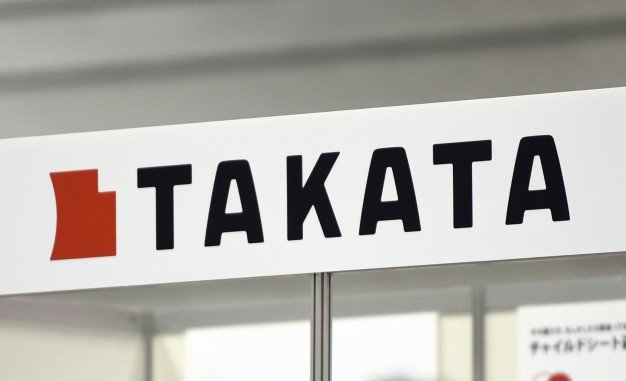Takata Airbag Repairs May Cost Billions More Than Anticipated

That's about $7 billion more than analysts had previously expected the company to pay. Shares of Takata's stock plunged 20 percent on the news. That potential price tag has renewed concerns about the company's long-term viability and ability to continue producing replacement parts. Takata earned $5.8 billion in revenue in 2015.
By comparison, Volkswagen expects the scandal surrounding its emissions cheating with diesel engines to cost at least $21 billion, though those estimates have significantly fluctuated and probably grew more Tuesday when the Federal Trade Commission said it would seek more than $15 billion in damages on claims of deceptive advertising .
Approximately 28 million of Takata's airbags are under recall in the United States, affecting roughly 23 million vehicles. Federal officials spearheading a massive effort to fix those vehicles say more than 7.5 million have been fixed to date. Last month, Reuters reported that 100 million inflators could eventually be recalled. Fourteen automakers have been affected by the recalls.
But repairs, at the earliest, won't be completed until early 2019, which leaves millions of motorists driving around with potentially deadly defects in their cars. At least 10 motorists have been killed by Takata's shrapnel-spewing airbags and at least 100 more injured.
Wednesday's news comes only days after internal documents showed Honda and Takata officials discussed a remedy for the supplier's exploding airbags in 2009 without notifying federal officials.
Takata has already agreed to pay a $70-million fine over five years as a penalty for thwarting federal safety investigators' probes into a problem that stretches back more than a decade.
Related News


